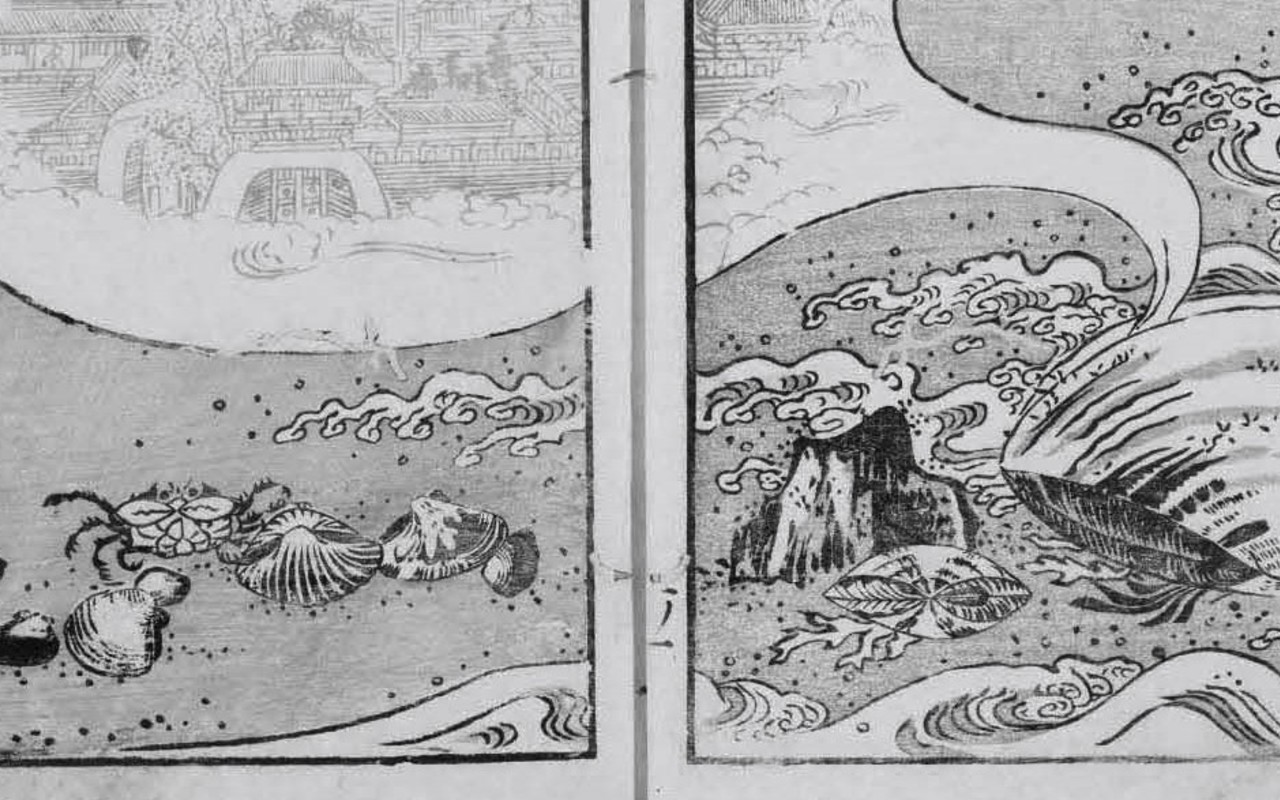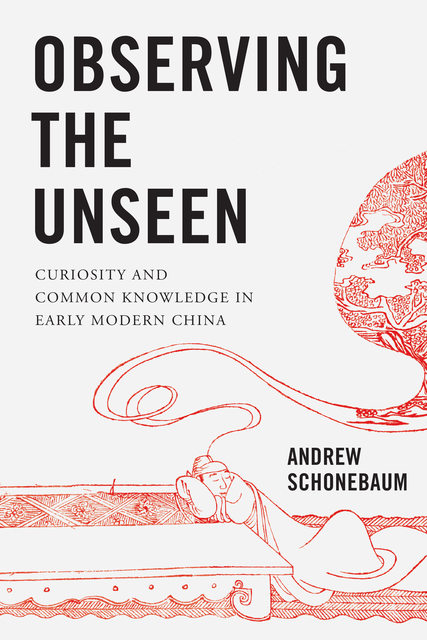The open access edition of Observing the Unseen was made possible by awards from the University of Maryland and the James P. Geiss and Margaret Y. Hsu Foundation. This book was also supported by a grant from the Joseph and Lauren Allen Fund for Books on Asian Literature, Art, and Culture.
Skip to main content
Observing the Unseen
Curiosity and Common Knowledge in Early Modern China
Andrew SchonebaumAuthor
What did early modern Chinese readers believe about dragons, thunder, or fate, and where did they learn it? Observing the Unseen explores how literate and marginally literate people in China between the sixteenth and nineteenth centuries investigated the invisible, the ubiquitous, and the inexplicable. Whether through medical encyclopedias, daily-use almanacs, or novels and anecdotes, readers pursued knowledge of the natural world with curiosity shaped as much by wonder as by empiricism.
Andrew Schonebaum reveals that for many readers, stories were an important source of reliable information about the world. Knowledge of the natural world evolved in the margins of “fiction.” Entertainment literature and practical texts alike conveyed information that was collected, debated, and even used to treat illness or predict the future. Drawing from overlooked genres such as brush notes, court records, and sequels to popular stories, Schonebaum demonstrates that common knowledge was constructed through a patchwork of sources—elite and vernacular, empirical and fantastical.
Rather than privileging science as courtly or Western, Observing the Unseen shows how ordinary readers made sense of the cosmos in an age of expanding literacy and print culture. It challenges assumptions about what Chinese literature was and how it was read, offering a nuanced picture of everyday life in early modern China. This is a work for scholars of Chinese history and literature, historians of science, and anyone interested in the complicated ways humans seek to understand the unseen.
Forthcoming March 2026



